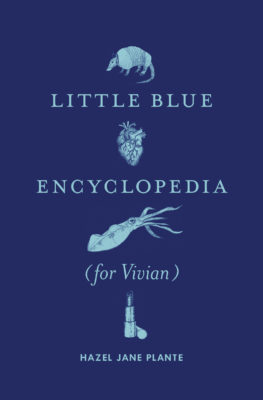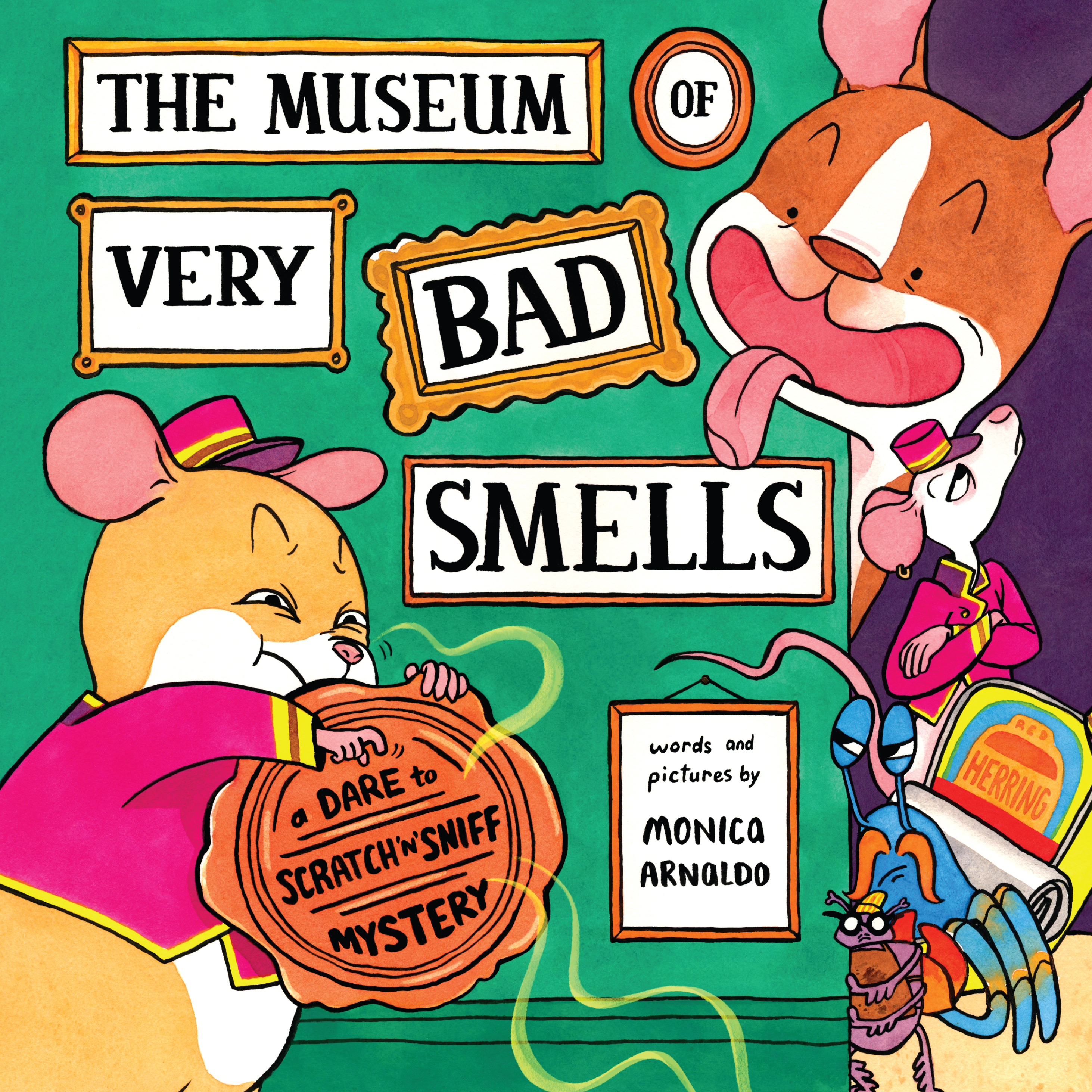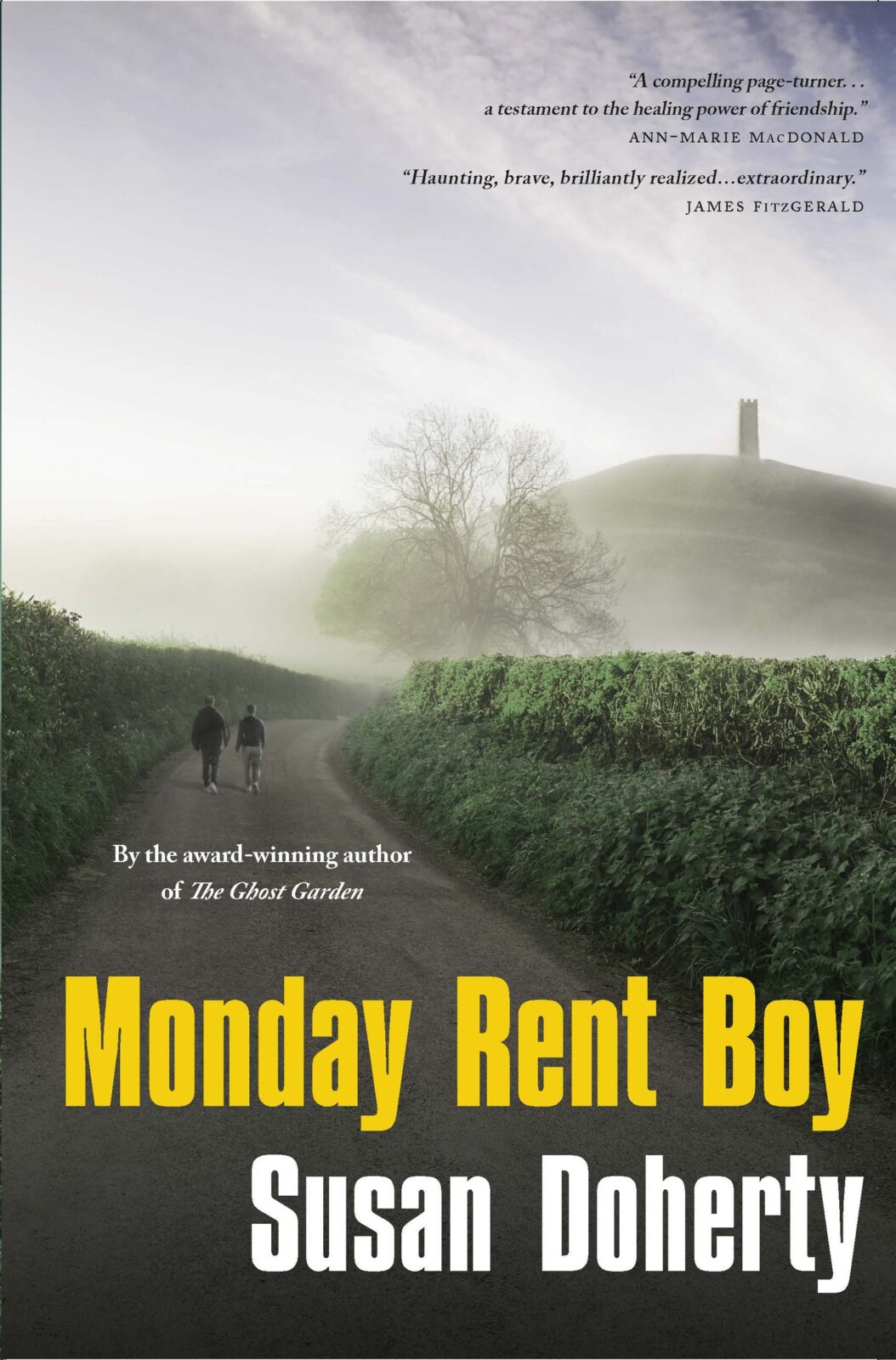Little Blue Encyclopedia (for Vivian) is a strange and wonderful hybrid that uses the creation of an encyclopedia about a fictional 2001 television show, Little Blue, to pay tribute to the narrator’s closest friend Vivian Cloze after she’s gone. In the process, it casts beautiful insights onto its many themes: queer and trans living, unrequited love, ongoing mourning, joyful friendship, and the powers of (obscure) pop culture to help us cope.
What can I tell you about the television show Little Blue? Perhaps the main thing you need to know is that Little Blue was Vivian’s favourite show, filled with overlapping, actor- driven televised eccentricity. Catchphrases such as “More soda!” and “Let’s Honkytonk” might give you an idea of the tone. To give you more of an idea (or not): cucumber farms, pigeon racing, the Little Blue Soda Company’s top-secret over-carbonation process, a student talent show in which a participant in a straightjacket escapes from a vat of milk. That sort of thing. Viewing this friendship through Vivian’s eccentric love of this more-than-eccentric show serves as a portal, beaming us directly into deep obsessions, into the messy tangle of inner lives and the struggle to connect them – all the things that matter most.

Little Blue Encyclopedia (For Vivian)
Hazel Jane Plante
Metonymy Press
$18.95
paper
256pp
9780994047199
If we mourn for too long, society might tell us that we’re wrong, that it’s time to move on, get over it, but this book shows, at least at times, that it’s actually conventional wisdom that is misguided. Since Little Blue Encyclopedia (for Vivian), at its core, is about nothing more or less than the fact that the narrator still loves and is still grieving, both emotions intertwined with the difficulties of survival. Plante writes: “She took me under her wing. If she hadn’t, I’m not sure what would have happened. She softened my shame and anxiety about being trans. She showed me that it was possible to wade through that river and reach the other side.” On every page I felt this care, dedication, and purpose. We should all be so lucky to have such a friend, and to have them commemorate us so beautifully.
It would be remiss of me to end this review without saying – plainly and with great admiration – how much I loved reading this book. I cried at the beginning and cried again at the end. I also felt something else, something that might once have been called catharsis, but something I don’t want to summarize too neatly. However, we might be getting close to it with this line from a eulogy the narrator imagines: “The joy of having known you is starting to paint over the pain of having lost you.” These things take time. mRb






0 Comments